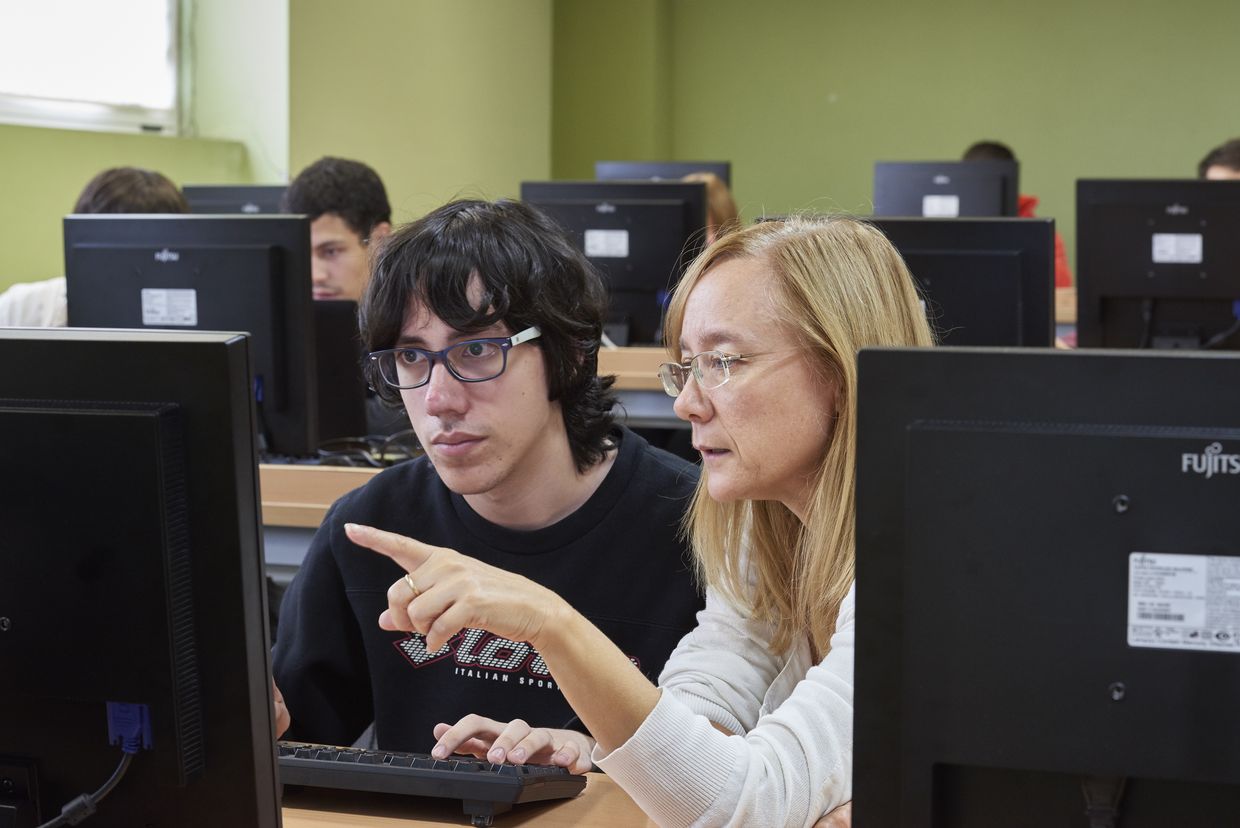Mobility
The School has the collaboration of several professors who act as academic coordinators, and whose function is to supervise and assist in their academic decisions the own and host students, as well as sign the academic mobility agreements that ensure that the action is framed in the objectives and competences of the degree. The School, through the Academic Manager of Mobility and the Degree Commission, promotes the incorporation of new academic agreements based on recommendations from professors who are knowledgeable about the university in question, and ensures that these actions are a complement to the training of the students. of the Center, annually evaluating the renewal of each agreement.
Student mobility is carried out from the second year of studies in the degree, in quarterly or annual periods. The selection of the candidates is carried out, for each call or program, by a Selection Commission, made up of the dean, the vice-dean or vice-dean responsible for exchange programs, the person in charge of the UAGCD and the academic coordinators, in accordance with previously established assessment criteria, which take into account the academic record, a report and, where appropriate, the language skills required by the host university.
Student mobility is regulated through the “Regulation of inter-university exchange.” Exchange programs are managed through the International Relations Office, such as national exchange programs (SICUE) as well as Europeans (ERASMUS) and from outside the European Union (exchanges with Latin American countries or English-speaking countries):
Portal Internacional
Internships
The Study Plan for the Degree in Computer Engineering includes the recognition of 9 compulsory credits for carrying out external internships. The School has experience in organizing these internships, managed directly by the ETSE through the Qualification Commission and the Internship Coordinator in companies or processed by the general internship program of the USC Social Council.
To carry out the internships, the student body must have an external tutor in the company and an academic tutor responsible for setting, in coordination with the external tutor, the internship program for each student based on the characteristics of the work to be carried out, to monitor and guide the students during the internships and the evaluation of the students, based on the internship report that they must deliver and the report issued by the external tutor.
The Qualification Commission and the assigned academic tutor will analyze each practice individually and will ensure that the content of the degree is developed.
